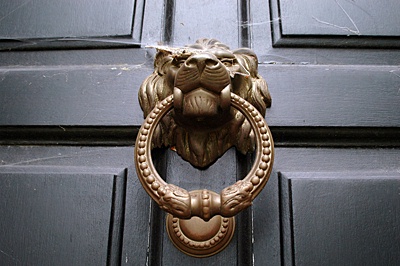All Nonfiction
- Bullying
- Books
- Academic
- Author Interviews
- Celebrity interviews
- College Articles
- College Essays
- Educator of the Year
- Heroes
- Interviews
- Memoir
- Personal Experience
- Sports
- Travel & Culture
All Opinions
- Bullying
- Current Events / Politics
- Discrimination
- Drugs / Alcohol / Smoking
- Entertainment / Celebrities
- Environment
- Love / Relationships
- Movies / Music / TV
- Pop Culture / Trends
- School / College
- Social Issues / Civics
- Spirituality / Religion
- Sports / Hobbies
All Hot Topics
- Bullying
- Community Service
- Environment
- Health
- Letters to the Editor
- Pride & Prejudice
- What Matters
- Back
Summer Guide
- Program Links
- Program Reviews
- Back
College Guide
- College Links
- College Reviews
- College Essays
- College Articles
- Back
Conceal don't Feel
The saying goes “hindsight is 20/20,” and I would do anything to reverse my uncle’s choice to commute to work using his motorcycle. The weeks of 2011’s early spring dragged on as kids and parents stumbled recklessly towards spring break. As the sunset signaled the end of March 2nd, the phone rang. It was my aunt, my mom’s sister. I stood speechless across the room as my aunt began screaming while trying to describe an accident scene, involuntarily sending me into a panic. Within seconds, I was in tears as my Dad hurried to the scene of the crash, leaving me behind.
Phone call after phone call brought no definitive answers as I sat fear-stricken. My parents gave me small sections of the story that only crippled my hope of my uncle’s survival further.
“His leg is broken, but other than that he just seems to be banged up,” my mother said.
“Call me with any more updates you receive,” I responded, soon regretting that I said that.
“The EMTs inside the ambulance have just contacted the hospital’s trauma center,” she screamed through her tears. I was left to sit at home, my mind racing over endless possibilities.
The twenty-four hours after the accident seemed to be an eon long, filled with uncertainty. My mom waited until I got home that day to explain what had happened. My uncle had been driving his motorcycle home from work. He was passing through an intersection when an old man driving while wearing head phones did not see my uncle and turned into him, sending him flying into the grass on the side of the road. The force of his landing on his leg shattered his left femur into a million pieces, making it impossible to save the limb. His leg was amputated from above the knee.
Just hearing this news enraged me. I threw everything in my vicinity across the room and claimed that there was no way I could live with an uncle without two legs. I was too terrified to go into the hospital, afraid of how I would react to the wound. It took many weeks for me to accept that this was my family’s new normal and that the only thing that had really changed was my uncle’s appearance.
I regret those emotions after seeing how strangers exhibit prejudice towards him. They do not see the struggle it has been for him to even be able to leave his home and simply walk in public places. They do not see that he is so much more than a person missing a leg. They stare at him, expressing looks of pit, judgment, and disapproval. Seeing this makes me want to scream right into their faces, shouting all the things my uncle is that they will never be.
Although on the outside my uncle seems impervious to the constant jabs the public throws at his self-confidence, I see how the change in his appearance has affected the development of his identity into adulthood. He no longer wants to accept help with anything because he feels people pity him enough. He has found a job that he can do from home, therefore, sacrificing the job he once loved, technological analysis, so he can conceal himself from the outside world and avoid the pain the public’s looks create.
Our physical appearances dictate who we are. They provide limitations to how successful we can be. More importantly, our physical attributes dictate how others perceive us. These judgments change our identity and cause us to blame physical attributes for our physical and emotional pain. Physical attributes can only define a miniscule part of who we truly are. People can experience a person for who they truly are if they look past physical appearances.

Similar Articles
JOIN THE DISCUSSION
This article has 0 comments.
